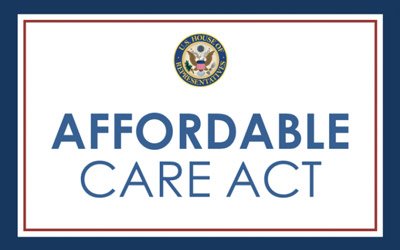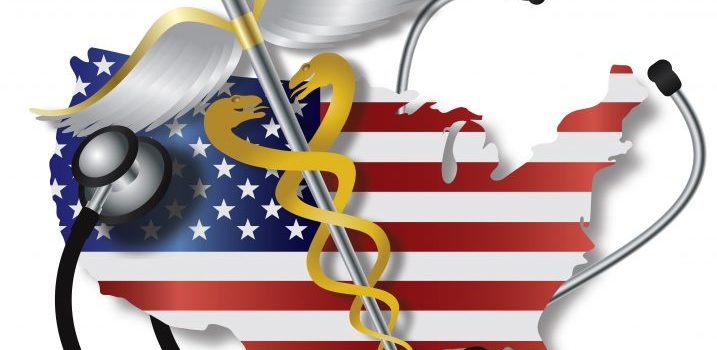Despite progress in recognizing the need for cost-efficient, readily available care like that found in the urgent care setting—and data demonstrating that they don’t help mitigate healthcare costs anyway—certificates of need (CONs) continue to exist. Typically, states view urgent care centers as “physician offices” that would not be subject to a CON. As healthcare markets become more saturated (ie, competitive), however, there is growing concern that those threatened by the boom in urgent care could …
Read More









